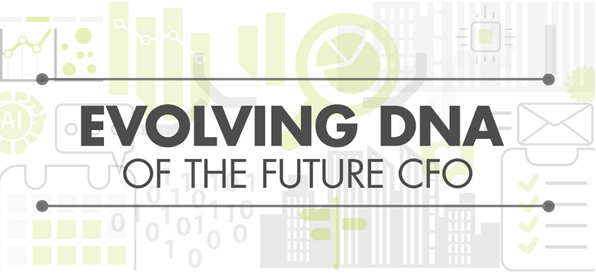The traditional role of CFO was to provide financial oversight and management by looking backwards to report a company’s, reliable, timely, historical financial information.
Today’s CFO role is re-envisioned looking forward, identifying problems and opportunities swiftly and bringing long-term value to an organization.
The future role of CFO is “someone who offers the kind of multifaceted high-end skills that organizations can use to achieve their strategic financial goals and drive innovation”
Table of Contents
Progressive change for CFOs:
In the past, the Chief operating officer would manage the day to day operations of the company and CFO typically handled all the financial aspects, but rarely did the two align.
While the profile of the modern CFO has evolved in the past decade to establish a bridge between operations and finance by,
- Strategically serving the business
- Having transparency about the company’s financial performance
- Developing competitive differentiation and Advantage
- Alignment & understanding operational functions such as customer-centric business models, manufacturing, supply chain, procurement and IT.
- Growth based decisions
- Ensuring healthy bottom line
- Steer the company to adapt to an unknowable future
CEOs understand that the overall risk to the company will be diminished if the CFO has some direct involvement as technology and global opportunities expand. This means that it’s no longer just about the numbers for the chief of finance.

